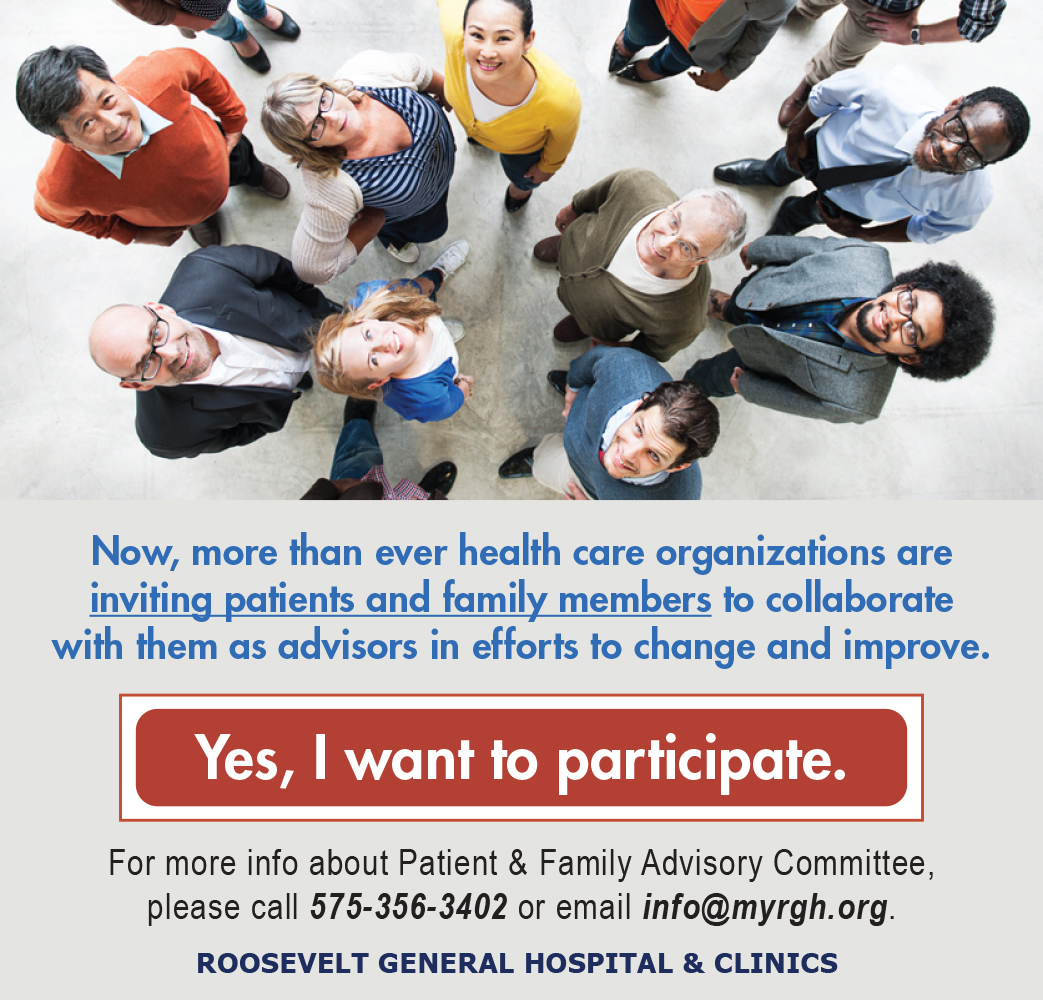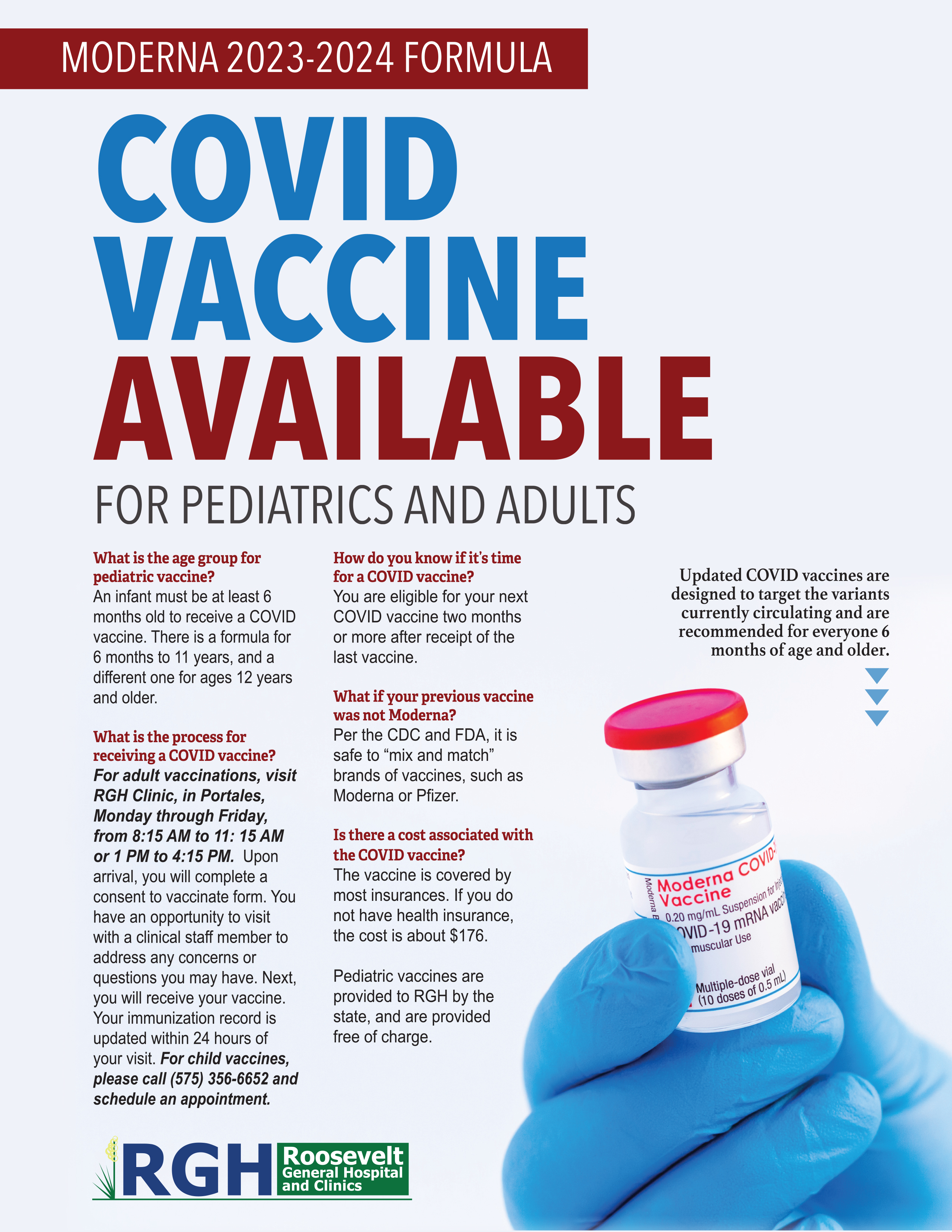Heart disease and stroke cause 1 in 3 deaths among women each year – more than all cancers combined. Our mothers, daughters, sisters and friends are at risk.
Fortunately, we can change that because 80% of cardiac events can be prevented with education and lifestyle changes.
Know Your Numbers!
Knowing your numbers is important. The American Heart Association recommends that you be aware of five key numbers: Total Cholesterol, HDL (good) Cholesterol, Blood Pressure, Blood Sugar and Body Mass Index (BMI).
These numbers are important because they will allow you and your heathcare provider to determine your risk for developing Cardiovascular Disease by Atherosclerosis. This includes conditions such as Angina (chest pain), Heart Attack, Stroke (caused by Blood Clots) and Peripheral Artery Disease (PAD).
Ideal numbers for most adults are:

Learn about your health numbers by scheduling a visit with Women’s Medical Center today. Call (575) 762-8055
Heart Attack Symptoms in Women
Heart attack symptoms in women are not the same as in men
A heart attack does not always have obvious symptoms, such as pain in your chest, shortness of breath and cold sweats. In fact, a heart attack can actually happen without a person knowing it. It is called a silent heart attack, or medically referred to as silent ischemia (lack of oxygen) to the heart muscle.
People who have these so-called silent heart attacks are more likely to have non-specific and subtle symptoms such as:
- indigestion
- feeling like you have the flu
- feeling of strained a muscle in chest or upper back.
- discomfort in the jaw or the upper back or arm
- prolonged and excessive fatigue that is unexplained.
Those are some of the less specific symptoms for a heart attack, but ones that people may ignore or attribute to something else.
Some of the factors that affect heart healthinclude high blood pressure, cholesterol, smoking, diabetes, diet, and physical inactivity. Click here for more about the risks and symptoms of heart disease.
TAKE A QUIZ
Click here to take a quiz on women’s heart disease risk.
For more information about your risks,
talk to your provider at Women’s Medical Center.
Signs and Symptoms of Stroke

If you have any of these signs, call 9-1-1 and get to a hospital right away.
- Sudden numbness or weakness of the face, arm or leg, especially on one side of the body
- Sudden confusion, trouble speaking or understanding
- Sudden trouble seeing or blurred vision in one or both eyes
- Sudden trouble walking, dizziness, loss of balance or coordination
- Sudden severe headache with no known cause
8 Steps for a heart-healthy diet from the Mayo Clinic:
- Control your portion size
- Eat more fruits and vegetables
- Select whole grains
- Limit unhealthy fats and cholesterol
- Choose low-fat protein sources
- Reduce the sodium (salt) in your food
- Plan ahead: Create daily menus
- Allow yourself an occasional treat
Click here for the complete article from the Mayo Clinic.






























